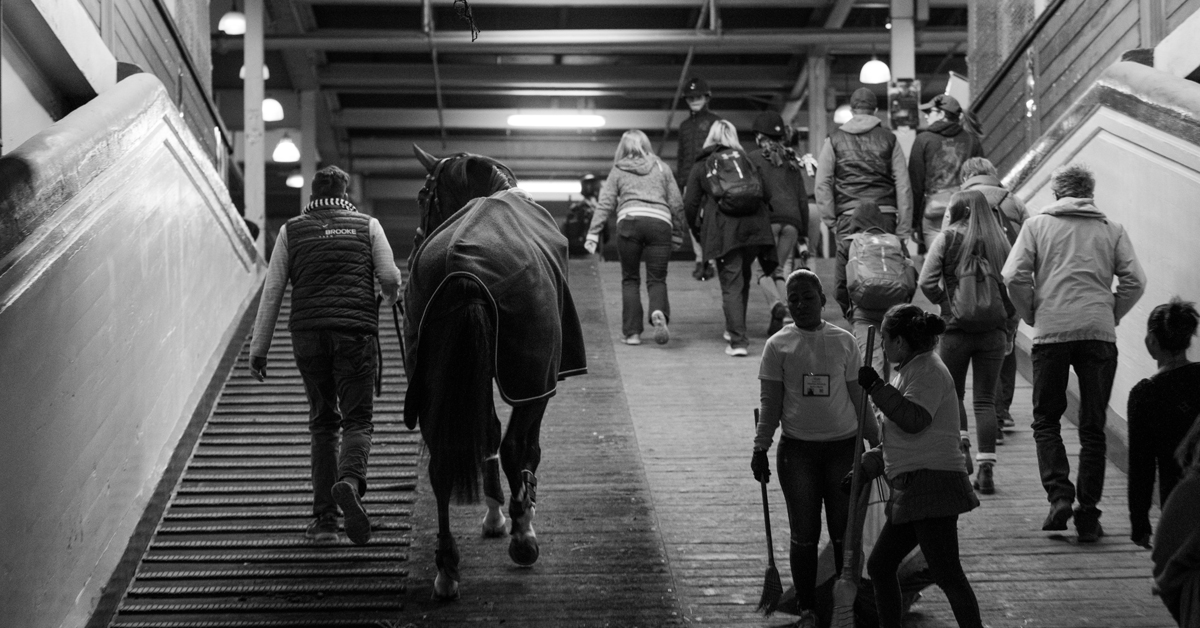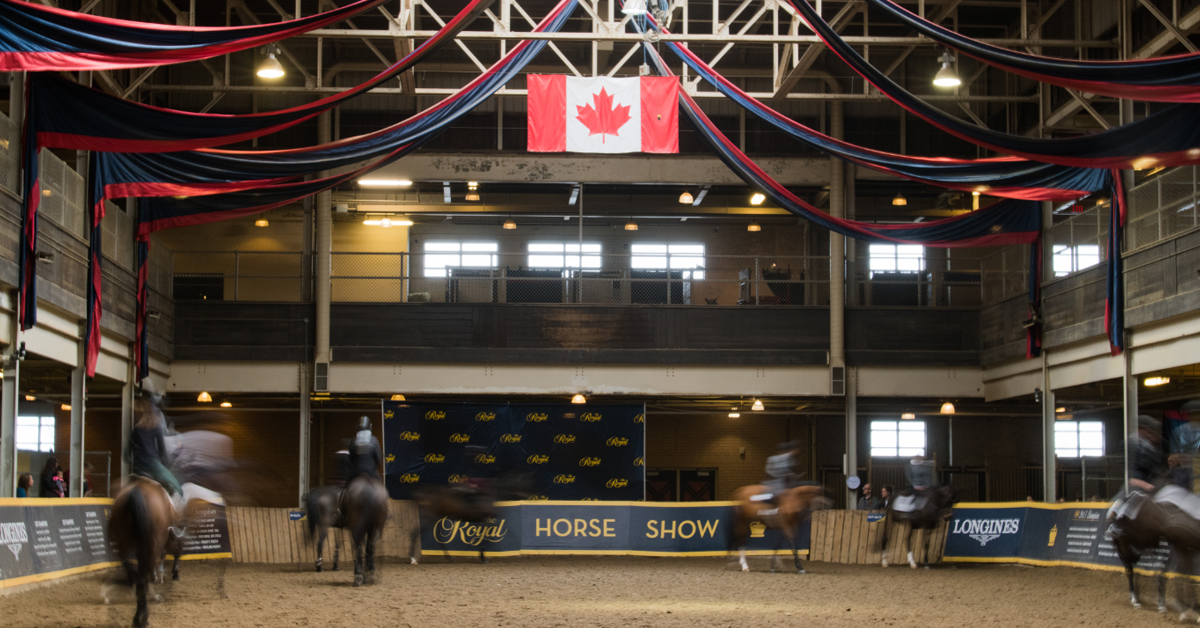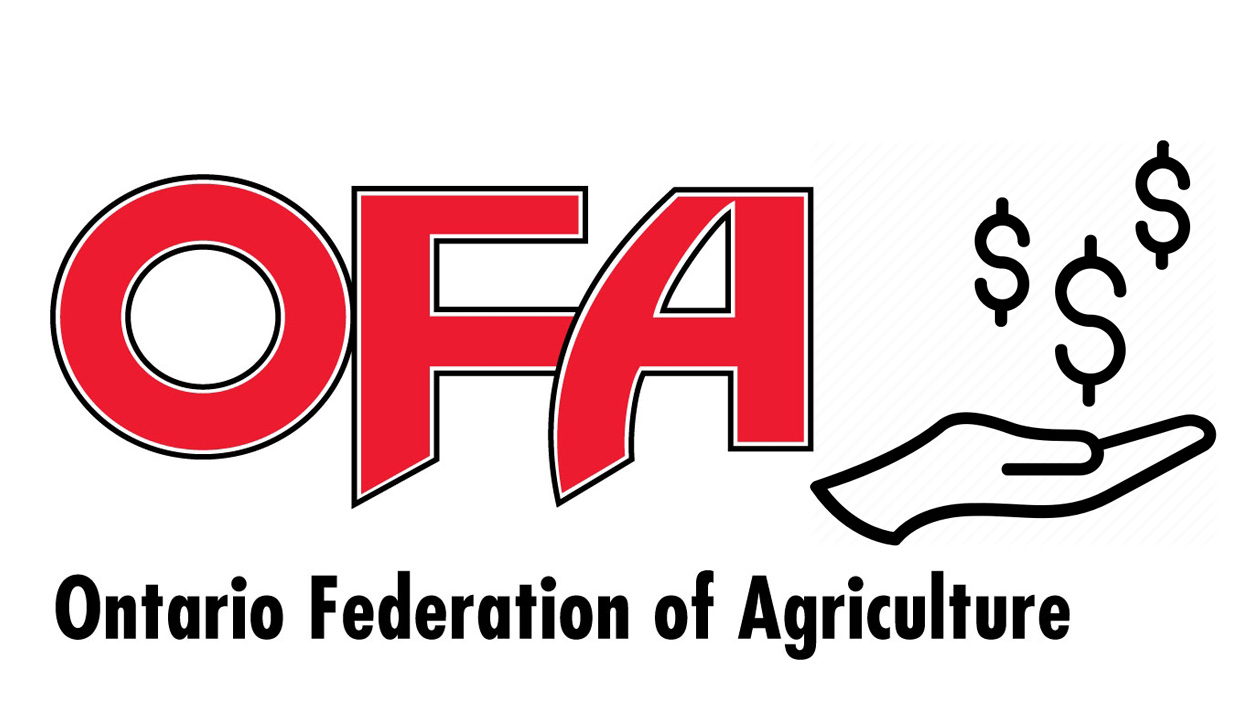A show jumping rider sampled at Spruce Meadows has been suspended a record four years for a human doping offence.
Wellington, Florida-based Paulo Sergio Mateo Santana Filho, better known as Paulo Santana, tested positive for the banned steroid Boldenone and its metabolite Pregnanediol.
The decision was handed down last week. The 35-page notice shows FEI Tribunal expressed serious doubts about the rider’s varied explanations for the positive result, which included consumption of contaminated meat, and accidental spillage on his hands.
During the proceedings, the 44-year-old even admitted being in possession of Boldenone intended for horses – itself an offence under FEI rules – and to injecting horses, despite having no veterinary qualifications.
The tariff of sanctions sets four years for “intentional” use of banned substances. Tribunal felt the rider “at the very least engaged in conduct which he knew carried a significant risk, and disregarded that risk for all the reasons set out in this decision.”
The suspension is backdated to the date of his provisional suspension, meaning Santana is grounded through July 10, 2022. He also fined 4,000 Swiss francs and ordered to pay 5,000 Swiss francs towards costs.
Santana is Brazilian-born, but rides for El Salvador. He began jumping internationally in 2008. He was sampled during the June CSI5* 2018 meeting at Spruce.
Initially Santana attributed the positive finding to having eaten contaminated meat the previous month in Guatemala and El Salvador, where he had been giving clinics. However, Tribunal was surprised that his expert evidence on that possibility was supplied by a cosmetic surgeon in Mexico City, rather than by a pharmacologist or by his usual physician in Wellington. Later, another expert testified the rider would have to have eaten “hundreds of kilograms at once” to have ingested the amount of Boldenone detected in his sample.
The rider then provided an alternative explanation – that he had accidentally spilled Boldenone on his bare hands in May while injecting non-FEI horses belonging to the El Salvador military, and had not washed his hands till some time later that day. Dr André Onofre, the El Salvador national federation’s head FEI vet, and other witnesses explained that Boldenone was often used to help undernourished, non-competition horses in that country. Because of the lack of qualified veterinarians in Central America, “suitable volunteers” including Santana were recruited to inject horses in the more remote regions that veterinary professionals were unable to service.
This explanation was deemed “plausible” by Santana’s own expert, though the FEI’s witness maintained that even if small traces could have been absorbed through the skin, it would not have been detectable 19 days later.
The rider also provided ExtenZe tablets, a male “enhancement product” which he later said in fact belonged to his groom, Stacker 3 capsules, Moringa powder and Noni juice for testing, though they all tested negative for Boldenone.
Santana explained he was aware Boldenone was prohibited under FEI rules, though the laws of El Salvador permitted its use. If he had known that FEI rules prevailed over his country rules, he would never have touched the drug.
He would not have jeopardised his career by using the steroid, especially as the El Salvador federation’s funding is related to the results of its riders, and he was a major contributor to that. Boldenone builds muscles and makes athletes stronger – as an equestrian, he needed to be lighter and leaner, he said.
In recent years, only around 100 equestrian athletes have been sampled annually at FEI events. Canada has a strong record of rider sampling, accounting for three of the 17 riders who have tested positive worldwide in FEI competition since 2007 – three at Spruce Meadows, and one at Bromont.
The World Anti-Doping Agency, based in Montreal, has twice appealed to the Court of Arbitration for sport (CAS) against the alleged leniency of FEI decisions in human anti-doping cases, and got the suspensions increased. However, even with CAS intervention the longest suspension served for a human doping offence until the Santana sanction was handed down is two years.
More from Horse Sport:





